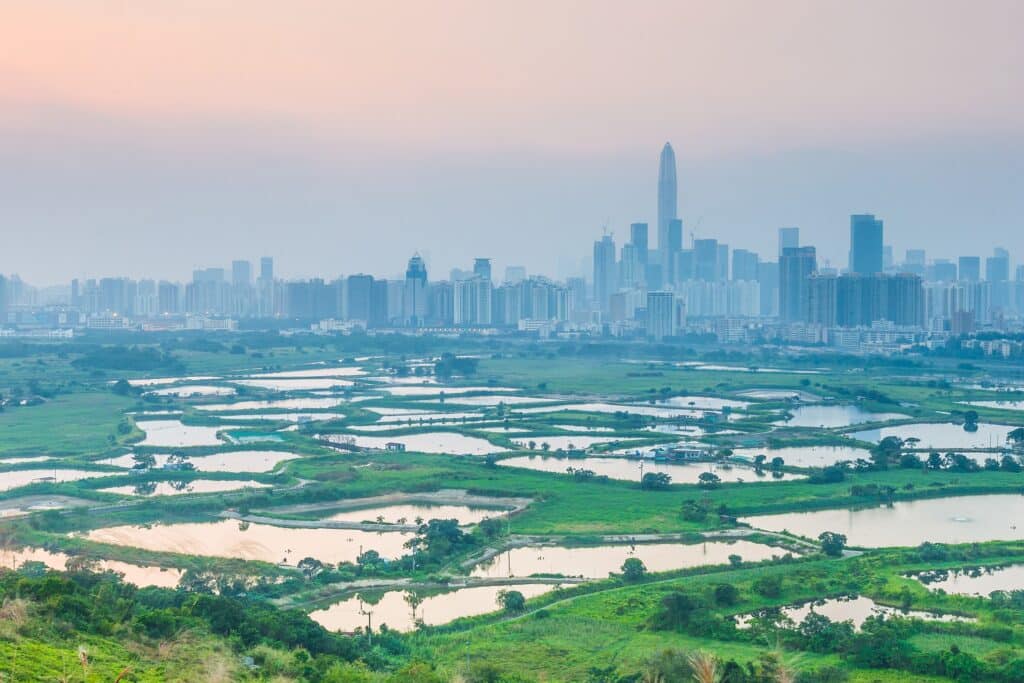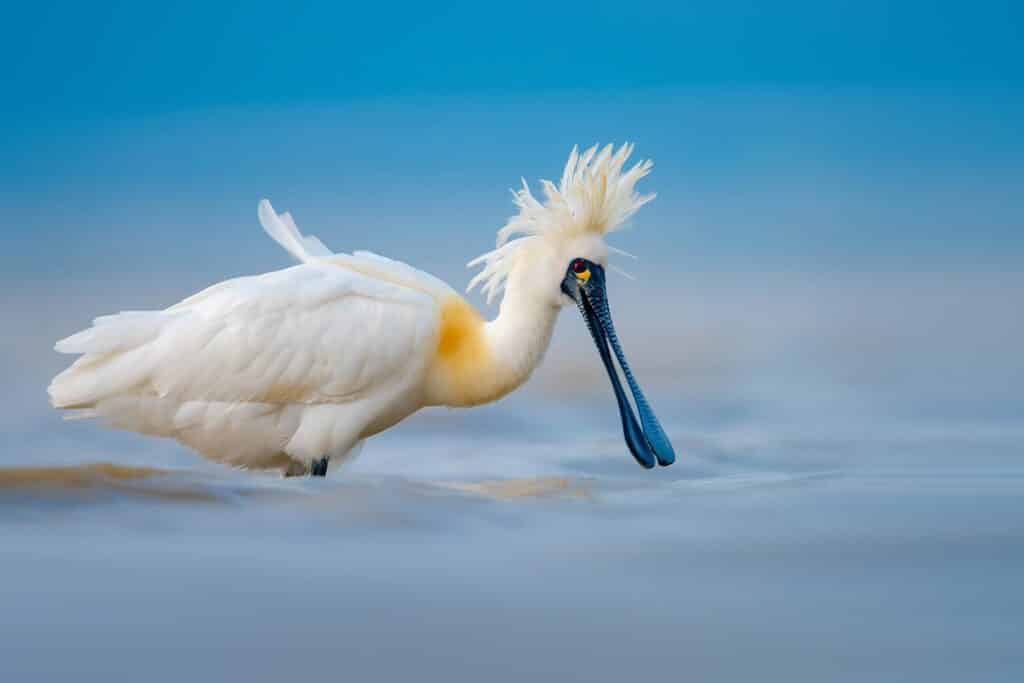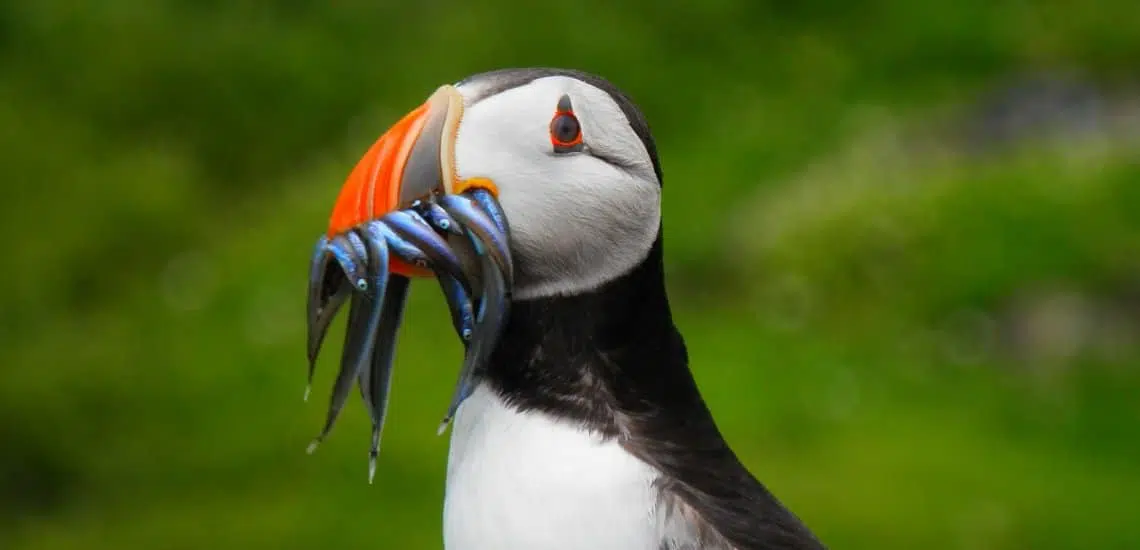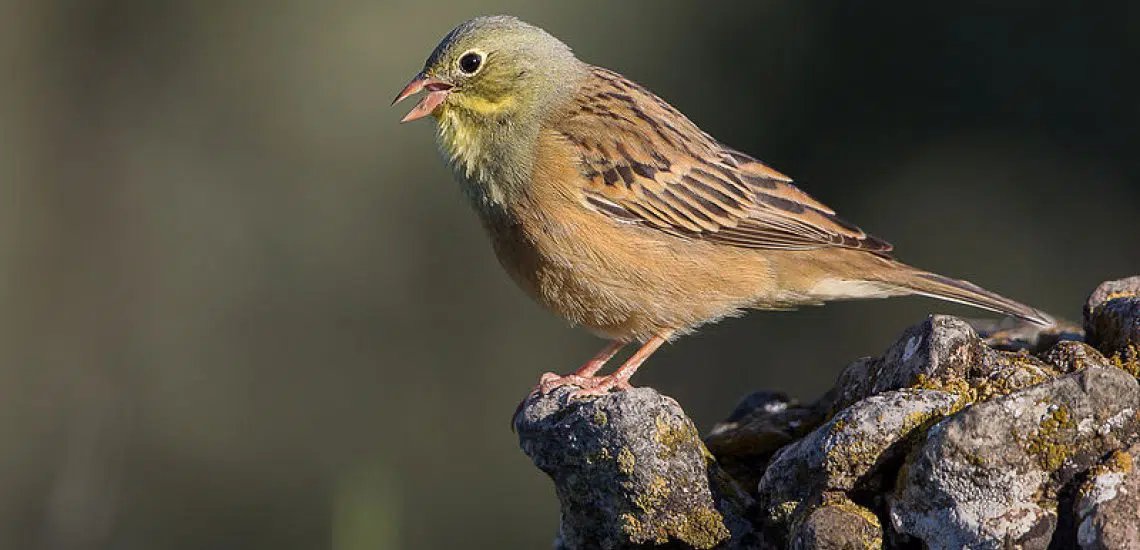Reviving Hong Kong’s cultural traditions to conserve threatened birds
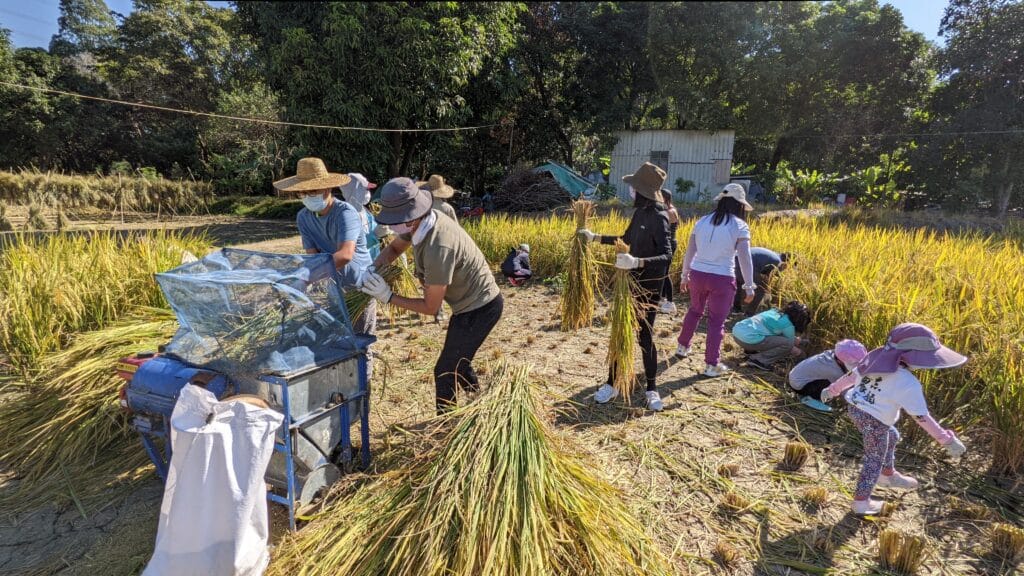
In 2022, BirdLife Partner the Hong Kong Birdwatching Society (HKBWS) celebrated 65 years of conserving local birds. As part of its work, the society has been working with local farmers and fishermen to protect two of the territory’s most threatened species.
By Liam Hughes
Lying on China’s southern coast, Hong Kong is often associated with its global metropolis. Beyond these densely packed skyrises, however, lie a diverse range of ecosystems, and despite its tiny size, an astonishing 570 bird species have been recorded in the territory. For the past 65 years, The Hong Kong Birdwatching Society (HKBWS) has been a leading voice for the protection of these birds and their habitats.
Despite its rich bird life, the expansion of Hong Kong’s city limits continues to carve into the territory’s countryside, making infrastructural developments the leading threat to its wildlife. The territory’s limited size, compounded by a lack of available flat land, means developments are often proposed on its wetlands – and through using its extensive knowledge of birds, HKBWS is a leading advocate against the most damaging projects.
Alongside this, it has also turned to traditional countryside farming methods to help restore several key wetlands used by globally threatened species. Rice farming, once widespread in Hong Kong, disappeared from the territory in the 1980s following urbanisation and changes in the local economy. This led to a decline in several species dependent on rice paddies, including the Critically Endangered Yellow-breasted Bunting – widespread just 20 years ago, its precipitous decline has been attributed to habitat loss and its use as a traditional delicacy in parts of its migratory route.
In 2005, HKBWS started a project to revive Hong Kong’s lost rice paddies, working closely with local farmers to create an environmentally friendly agricultural system in Long Valley. With nature at its forefront, various wetland habitats were restored, and harvesting was restricted during the autumn migration season – at the expense of agricultural production – to allow species to forage. Since then, the number of bird species using these wetlands has dramatically increased, and several populations have started to recover, including the number of Yellow-breasted Buntings migrating through the site, despite the species’ steep global decline over this time period.
By selling ‘eco-rice’, HKBWS also markets the wetland’s conservation importance, the value of this cultural activity and the plight of Yellow-breasted Buntings. “Through selling rice, we have increased our exposure to people who don’t know about nature and educate them about conservation,” says Yat-tung Yu, Director at HKBWS. Following its success, Long Valley is now being turned into a nature park, and HKBWS has begun another eco-rice project nearby.
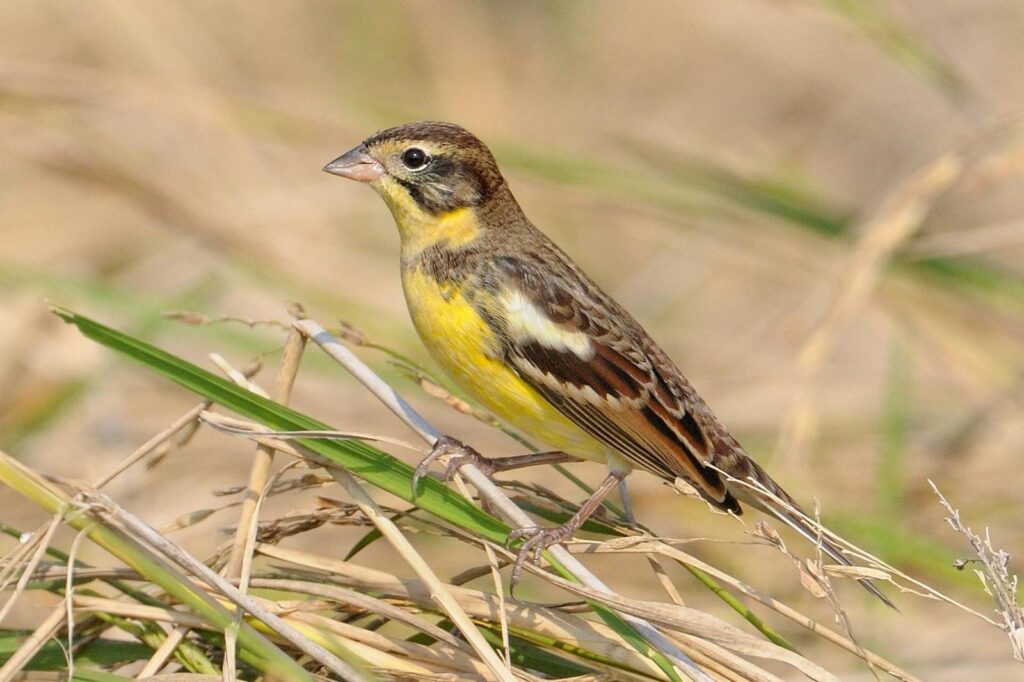
Concern as recently as 2004 but is now considered Critically Endangered © HKBWS
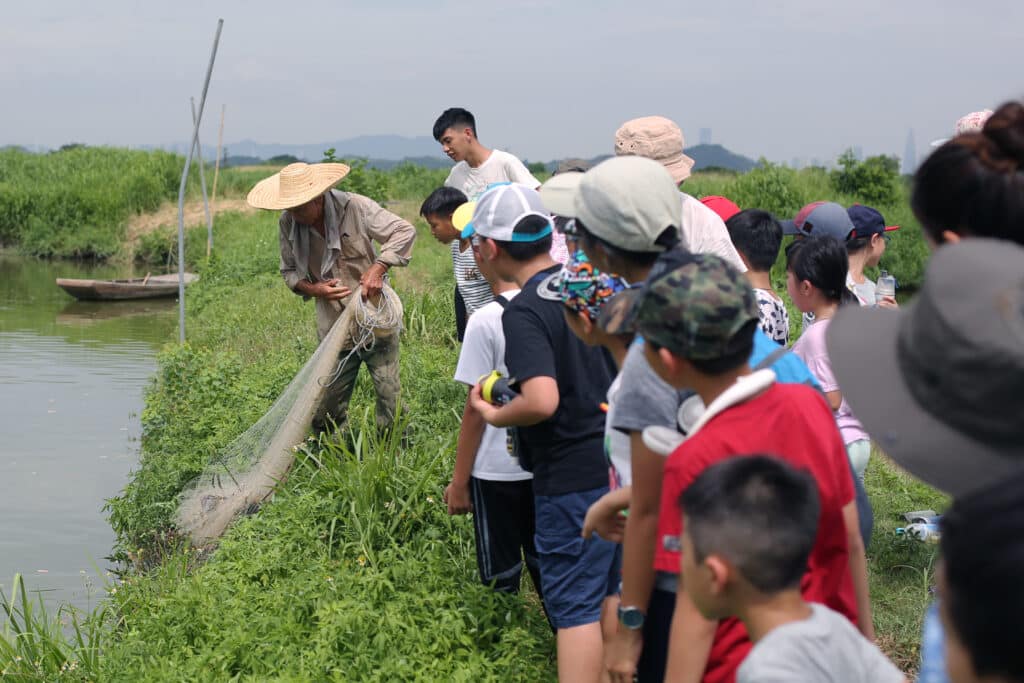
Bird-friendly fishing
HKBWS is also working to protect another of Hong Kong’s human-influenced ecosystems – fishponds. Since 2012, HKBWS has helped over 100 fishermen manage their fishponds to make them suitable for waterbirds, including making sure they are drained regularly to provide ideal foraging habitat. “At first, fishermen only cared about their profits, sometimes at the expense of waterbirds,” says Yu. “Through working closely with them, we have built trust, as they know we care about their livelihoods as well as the waterbirds.”
HKBWS also hosts annual fishpond festivals in the territory to celebrate this activity, deeply embedded in local tradition, and raise awareness of its critical importance to waterbirds.
This has helped restore over 600 ha of fishponds surrounding Deep Bay – one of Hong Kong’s two Important Bird and Biodiversity Areas – buffering the area from developments and pollution, and protecting Hong Kong’s most important site for the Endangered Black-Faced Spoonbill – a species whose local population has recently begun stabilising following years of decline.
The organisation now hopes to share these experiences with other BirdLife partners. This co-operative spirit is deeply embedded in the organisation’s ethos – and particularly important in Hong Kong, given it lies at the heart of the East-Asian Australasian Flyway, so most of its bird species are migratory. HKBWS is already helping Bird Conservation Nepal (BirdLife Nepal) conserve another important site for Yellow-breasted Buntings, and also conducts the Hong Kong component of the annual international Black- faced Spoonbill censuses. As it moves past its 65th anniversary, strengthening these partnerships is a key goal moving forward.
